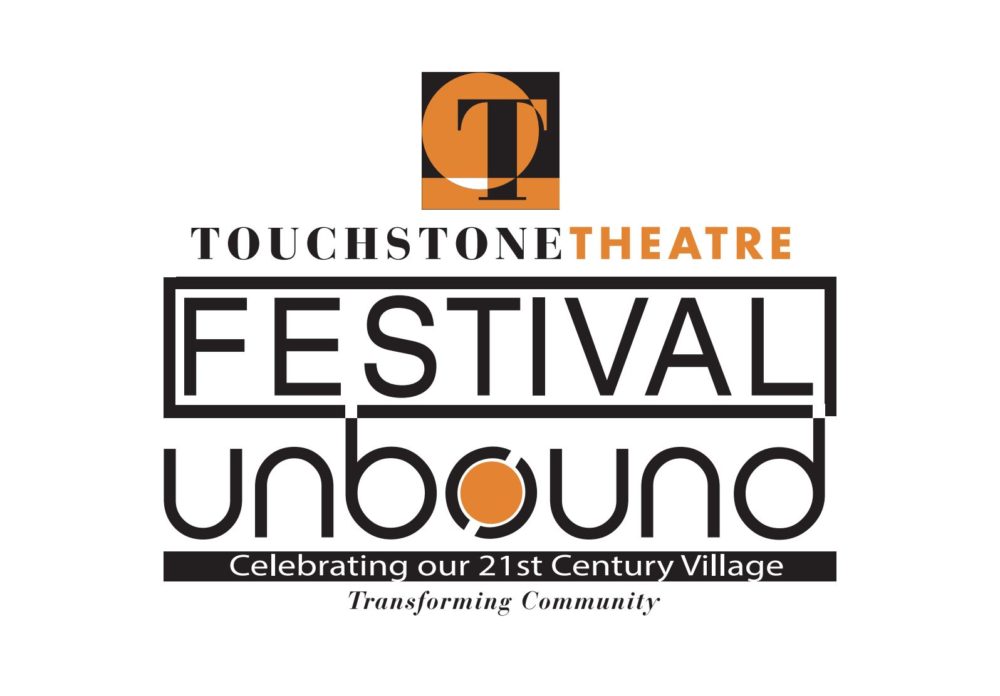

Food sustainability is an area of environmentalism that is often overlooked in the grand scheme of things. Bethlehem, however, has taken action in this field to make the ways of distributing and making food more sustainable for the whole community. Since food is such an important part of the way our community identifies itself, we can’t analyze this topic without focusing on sustainability. Food sustainability centers around how the cultivation and growing of foods affect the environment. For example, the bee population is slowly fading because of pesticides used, industrial farming is becoming the norm, and crop yields are becoming less and less because of all the chemicals being put into the foods we eat. There is a severe lack of access to fresh produce, and organic options are normally more expensive. However, many people across the globe are taking a stand and creating more sustainable practices for food, not only from an environmental point of view, but also from a health-related one. From the Farmers Markets all over the city, Community Gardens, to the Bethlehem Food Co-Op, food sustainability is present in all areas of Bethlehem. For this post, I’m going to give a brief overview of many ways Bethlehem has been practicing food sustainability in recent years. In the next few posts, I’m going to be delving deeper into these programs and organizations to learn more about their missions and how they help the Bethlehem community become greener and more sustainable.
There are quite a few farmers markets in the Bethlehem area, including the Bethlehem Farmers Market, the Valley Farm Market, and the Rose Garden Farmers Market. The Bethlehem Farmers Market is a weekly event that is located in Southside Bethlehem, on Farrington Square at Lehigh University. Every Thursday from 10am to 2pm, locally owned farms and businesses gather together to share their farm-to-table offerings. Last summer, I ventured out to explore this market, and was surprised by how many vendors there were that were offering sustainable and fresh foods that I was not aware of. It was filled with people from all over Bethlehem, as well as neighboring towns in the Lehigh Valley, expanding their pallets as well as knowledge about locally grown foods. Vendors differ weekly, but staples include Peanut Butter and More, which sells homemade, natural peanut and cashew butter among honey and other goodies, and The Flour Shop, which uses local, organic, and seasonal ingredients to make their sandwiches and pastries. Almost all of the vendors at the Market use local and sustainably sourced ingredients, and there are always new and unique options to check out. There are also entertainment options for people of all ages, including singers, sidewalk chalk art, and bean bag tosses. The Market is a valuable addition to the Bethlehem community because it teaches people about all the sustainable food sources available in their own city, while giving locally-owned small businesses to expand their outreach. Learn more about the market here! I have not checked out the other markets mentioned, but they seem to be quite popular and reliable sources to get fresh produce and organic foods that you might not find in a regular grocery store.

Another example of food sustainability that Bethlehem offers are Community Gardens. There are many gardens located all around Bethlehem, from near Northampton College to Lehigh University, to a few in South Side Bethlehem. According to Lehigh’s website, the gardens “enable residents of South Bethlehem and members of the Lehigh community to gain access to convenient, inexpensive plots of land for gardening.” Community Gardens are a fantastic way for the Bethlehem community to have easy access to “high quality, affordable fruit and vegetables.” Many businesses and farm owners take part in caring for and creating these gardens, not just universities! The city works in conjunction with other organizations, such as the Urban Agriculture Working Group, to make these gardens possible. Plots at various growing gardens are available to individuals or businesses, and do require a small fee to maintain. Some of the gardens, such as the one located at Wesley Church, encourage participants to donate a portion of their produce to feed the homeless. These Community Gardens are a way for our city to come together and build relationships while maintaining a sustainable, accessible way to grow food for the whole community.
The Bethlehem Food Co-Op is a recent addition to our city. The goal of this organization is to bring an affordable, community owned and operated, “grassroots” grocery store to Downtown Bethlehem, according to their official website. This idea began in 2011, and has yet to be fully established in our city. However, they are at the ending stages of their fundraising and hope to search for locations soon. Started by Jamie Karpovich and Cathy Frankenburg, now led by Kelly Allen, the Co-Op has been working for 8 years and counting to make their dreams of having a community grocery store in Bethlehem. They invite community members to attend informational meetings and be a part of this organization. You can read more about the Co-Op here!
There are more areas of food sustainability that I will be looking at in the coming weeks, and I will also be delving deeper into these three main sources of food sustainability in our community. I hope that by sharing this information with the community, more people will be aware of what great options our city has to offer in terms of being greener with our food consumption and production!

